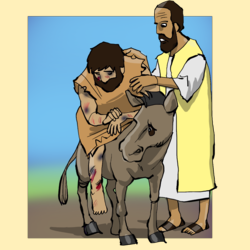 What leverage does a large donor have to ensure that recipient countries observe the principles of good governance? Not much, according to a recent BBC News article. Kenya’s donors have been threatening to cut aid to the country unless there is a satisfactory outcome to the post-election crisis, but is this really going to happen, and if it does will it make any difference to the Kenyan government?
What leverage does a large donor have to ensure that recipient countries observe the principles of good governance? Not much, according to a recent BBC News article. Kenya’s donors have been threatening to cut aid to the country unless there is a satisfactory outcome to the post-election crisis, but is this really going to happen, and if it does will it make any difference to the Kenyan government?
The US is the biggest donor, giving around $650 million per year, plus another $350 million through private funding, but all of it is targeted spending. In other words, it goes directly to recipient projects, and does not go through the Kenyan government. Stopping the funds would result in closing down education and healthcare projects, affecting only the poor and disadvantaged. The UK had also pledged substantial funds this year in targeted spending.
The Kenyan government will not be able to fund its election promises of free education without donor money, but in the present circumstances keeping election promises is probably not high on the government’s agenda. Further, aid donors tend to measure success by amount of funds expended, rather than by objective analysis of long term effectiveness, so there is little incentive to cut aid in an attempt to force good governance.








